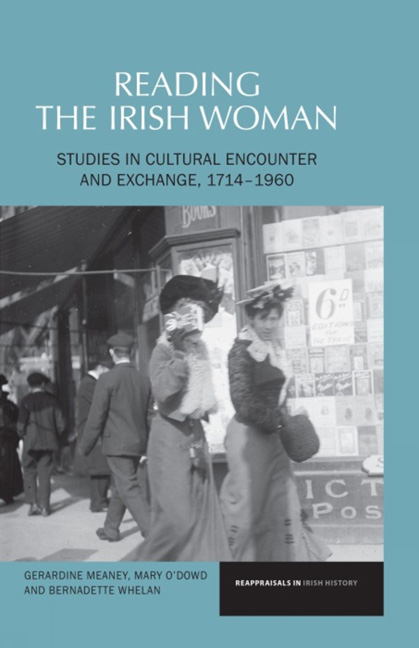Introduction
Summary
In 1700 few Irish women were literate. Most lived in a rural environment, rarely encountered a book or a play or ventured much beyond their own domestic space. By 1960 literacy was universal, all Irish women attended primary school, had access to a variety of books, magazines, newspapers and other forms of popular media and the wider world was now part of their everyday life. This study seeks to examine the cultural encounters and exchanges inherent in this transformation. It analyses reading and popular and consumer culture as sites of negotiation of gender roles. This is not an exhaustive treatment of the theme but focuses on three key points of cultural encounter: the Enlightenment, emigration and modernism. The writings and intellectual discourse generated by the Enlightenment made it one of the most influential forces shaping western society. It set the agenda for scientific, political and social thought for the eighteenth and nineteenth centuries. The migration of peoples to North America was another important historical marker in the development of the modern world. Emigration altered and shaped American society as well as the lives of those who remained behind. By the twentieth century, aesthetic modernism suspicious of Enlightenment rationalism and determined to produce new cultural forms developed in a complex relationship with the forces of industrialisation, urbanisation and social transformation.
This study analyses the impact of these forces in western culture on changing roles and perceptions of Irish women from 1700 to 1960. It examines the processes of cultural influence and exchange, looking at long-term alterations in behaviour and attitudes. The analysis ranges from eighteenth-century advice books to theatre in the twentieth century and will argue that international popular culture and didactic and educational material aimed at women were a locus of conflict and change.
While this study has a broad historical span, the focus is on cultural change. This facilitates tracing distinctive patterns of cultural encounter and influence at specific times rather than seeking to produce a ‘one size fits all’ explanation of how these forces operate for all historical periods. The organisational principle of each section is to examine the nature of the cultural encounter, how it took place and how Irish women engaged with it.
- Type
- Chapter
- Information
- Reading the Irish WomanStudies in Cultural Encounters and Exchange, 1714–1960, pp. 1 - 10Publisher: Liverpool University PressPrint publication year: 2013



